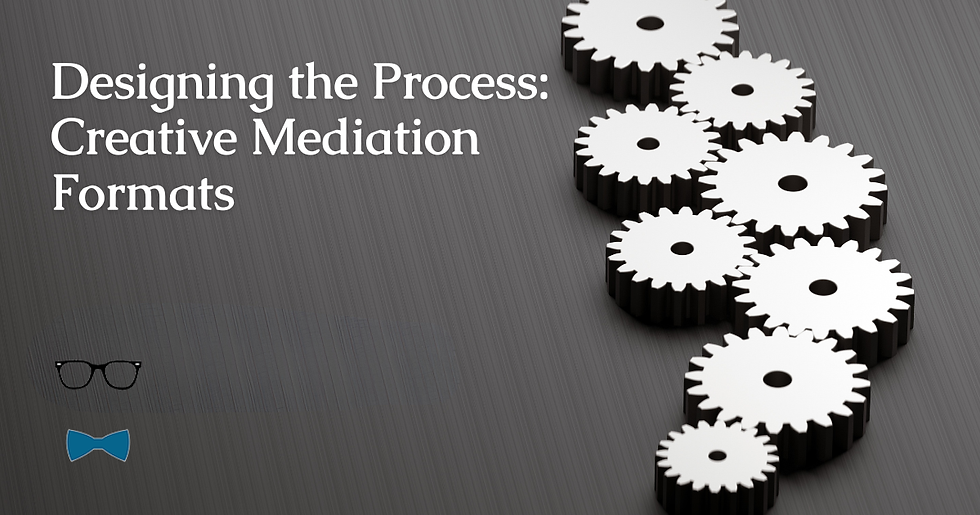Exceptions to the Golden Rule: The Power of "No"
- Cooper Shattuck

- Nov 16, 2021
- 2 min read

You know the Golden Rule: Do unto others as you would have them for you. We don’t see much of that in litigation, except turned on its head in a discovery battle with competing motions to compel or in a nasty divorce case with volleys of contempt motions. “File against others what they first file against you” becomes the rule of the day.
I’d like to talk about the other Golden Rule. The one that often plays a leading role in litigation: He who has the gold makes the rules.
We see it in every form of litigation – business vs business, consumer vs big corporation, domestic, etc. In fact, it is that attitude of the gold holder that often leads to litigation, either because they give someone no other option, or they want to use their wealth to inflict pain or expand their holdings at the expense of another. Sometimes it’s the party that has the gold and sometimes it’s their counsel. Sometimes the reality is different than the perception. One thing is certain: The gold is likely to get reallocated in the process of and as a result of the litigation.
Things are a little different in mediation. Yes, the parties and their lawyers practically always come to the mediation with unequal bargaining power. The same economic realities that exist outside of mediation do not magically disappear once the mediation is commenced. However, the job of the mediator is to provide a level playing field for negotiation. While the mediator cannot change the realities of unequal bargaining power, he can and must treat everyone equally at mediation.
A mediator must never forget his important role as an independent, neutral third party. And he must constantly reinforce that role with the parties so that there is no perceived (or actual) bias or impartiality. The gold doesn’t make the rules at mediation, the mediator sees that the rules apply equally to everyone, that everyone has an equal opportunity to express their position and to explore potential settlements, and that no one is forced to do anything.
Because the goal of mediation is the parties’ agreement, everyone is vested with power. While the economic realities may remain, everyone should have the power to agree or disagree with a settlement. Even someone with little wealth, with no economic strength, and with nothing or everything to lose, has the power to say no. Any agreement reached at mediation must be just that – the parties’ agreement – regardless of how the mediator may “feel” about a proposed settlement or how one might judge its reasonableness. A mediator cannot substitute what he would do for what a party wants to do.



Comments